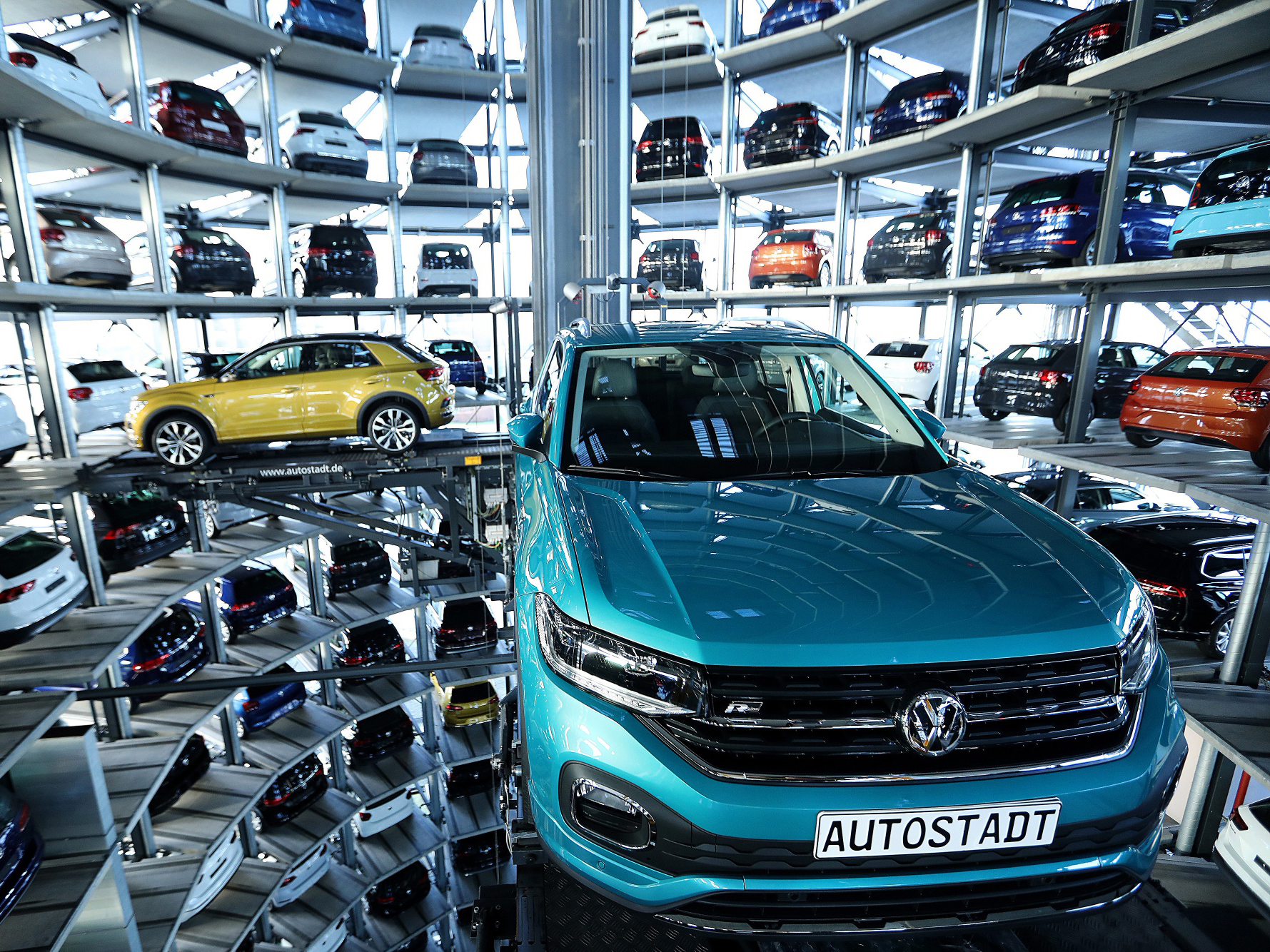
Visit Our Sponsors |
|
|
|
|
|
|
|
|
|
|
|
|
|
|
|
|
|
|
|
|
|
|
|
|
|
|
|
|
|
|
|
|
|
|
|
|
|
|

Volkswagen AG’s main car brand will let lapse as many as 4,000 general and administrative jobs while adding at least 2,000 IT positions over the next four years, avoiding layoffs at its German factories as it negotiates a major shift toward electrification and self-driving cars.
The move, brokered with VW’s powerful unions, includes job guarantees through 2029, the manufacturer said last week in a statement. The brand will rely on partial retirement and attrition to help reach targeted staff reductions as it culls models and focuses on new technologies that require fewer factory workers.
With earlier job cuts, VW is on track with a plan announced in March to improve profit by 5.9bn euros ($6.7bn) a year, the unit’s chief operating officer, Ralf Brandstaetter, said in the statement. “We are making the company fit for the digital age in a sustainable way.”
The prospect of deeper cutbacks had alarmed VW’s union leaders as manufacturers wrestle with the transformation of sprawling industrial operations. App-based services like ride-sharing and car-sharing are already threatening the industry’s traditional business model of individual car ownership — a trend that may accelerate once self-driving vehicles reach critical mass — and electric cars require fewer parts and workers for assembly.
The extended job guarantee is “an important signal,” VW works council chief Bernd Osterloh said in Wolfsburg, near the company’s headquarters. VW signed a broader labor pact in 2016 to cull 30,000 jobs worldwide, with Germany accounting for 23,000, to generate about 3bn euros in annual savings.
The VW car brand, which accounts for about half the group’s global deliveries, employs roughly 110,000 workers in Germany out of a global workforce of 663,000 across the Volkswagen group, the world’s largest automaker. The unit has been pushing to rein in bloated expenses to lift profitability that’s trailing rivals like PSA Group.
Labor costs are a “big concern” that risk derailing a much-needed streamlining of operations, VW Chief Executive Officer Herbert Diess told investors in March. Diess, who also heads the VW brand, has been scrapping slow-selling vehicles and car variants to reduce complexity. He’s also seeking to shake up a bloated bureaucracy at the group and give the various units more autonomy.
VW will start producing the first model of its all-electric ID. car range toward the end of this year, with an eventual goal of more than 20 vehicles based on the same architecture. It intends to sell at least 1 million purely battery-powered vehicles by 2025. It will start producing the ID. 3 hatchback at its German factory in Zwickau later this year.
Return on sales for VW’s namesake brand last year fell to 3.8 percent from 4.2 percent, because of higher spending on electric models and production bottlenecks triggered by stricter emission rules.
For this year, the unit is aiming for revenue growth of as much as 5 percent and an operating return on sales between 4 percent and 5 percent. It will boost investment in future technology to 19bn euros through 2023.
RELATED CONTENT
RELATED VIDEOS
Timely, incisive articles delivered directly to your inbox.

